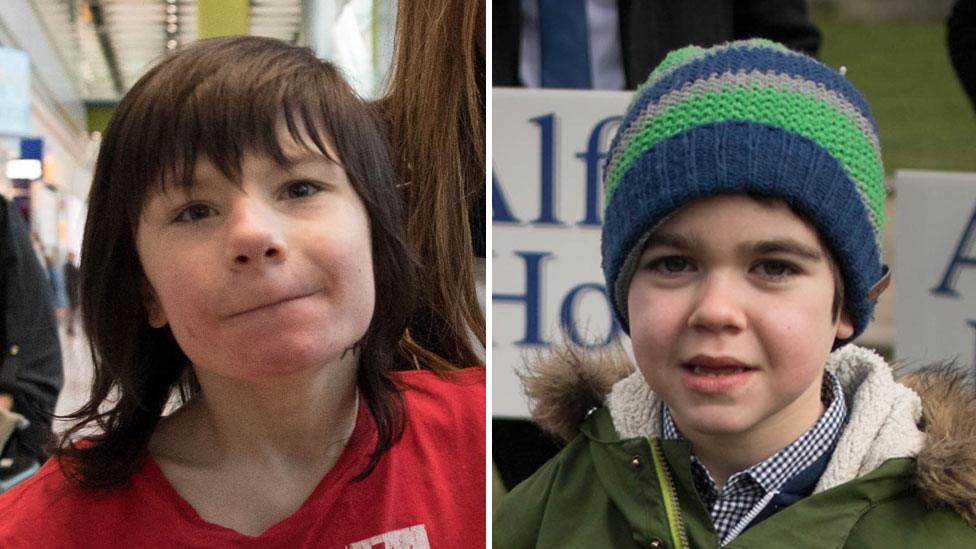Families need cannabis prescriptions support, say MPs and peers
- Published
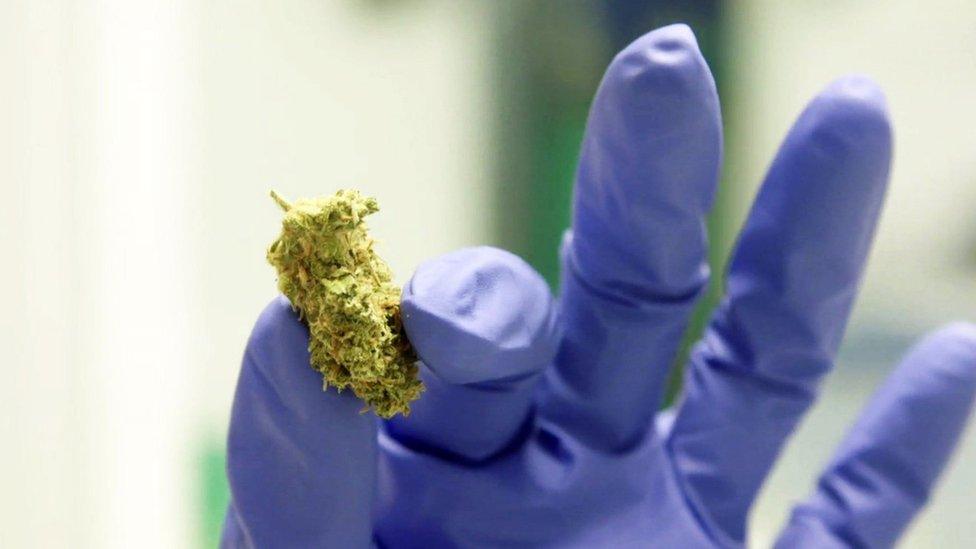
MPs and peers are calling for funding for families forced to buy medicinal cannabis for their children privately.
The treatment was made legal with a prescription in 2018 for those with an "exceptional clinical need".
But a cross-party letter from 100 politicians says only three NHS prescriptions have been given out since, forcing families to spend thousands on private treatments.
The government said it sympathised with those facing hard-to-treat conditions.
The change in law came about after the cases of Alfie Dingley and Billy Caldwell, who had both been denied access to cannabis oil to treat their rare forms of epilepsy.
The Home Office later granted the boys licences to access the treatment.
But after a review by experts, the then home secretary Sajid Javid introduced legislation to make it legal for specialist doctors to provide prescriptions for cannabis-derived medicinal products in "exceptional circumstances".
Over two years have passed since the law changed, but the All Parliamentary Group on Access to Medical Cannabis Under Prescription said dozens of families were not seeing the benefit.
In a letter to Prime Minister Boris Johnson, the group's chair, Labour MP Tonia Antoniazzi, said instead, parents were having to fund raise up to £2,000 a month to pay for the treatment privately.
"In any circumstance, this is a severe financial burden for families already having to cope with very sick children and Covid restrictions have rendered most fund-raising impossible," she added.
"The reasons for the lack of NHS prescriptions appear to be complex and will inevitably take time to resolve. However, the families to which we refer simply do not have time.
"They are emotionally and financially broken and their children are at risk of being without their life-transforming medicine within weeks."
Backed by 100 MPs and peers from all parties, Ms Antoniazzi appealed to the PM to "grant access to some form of compassionate funding until the wider issues can be resolved".
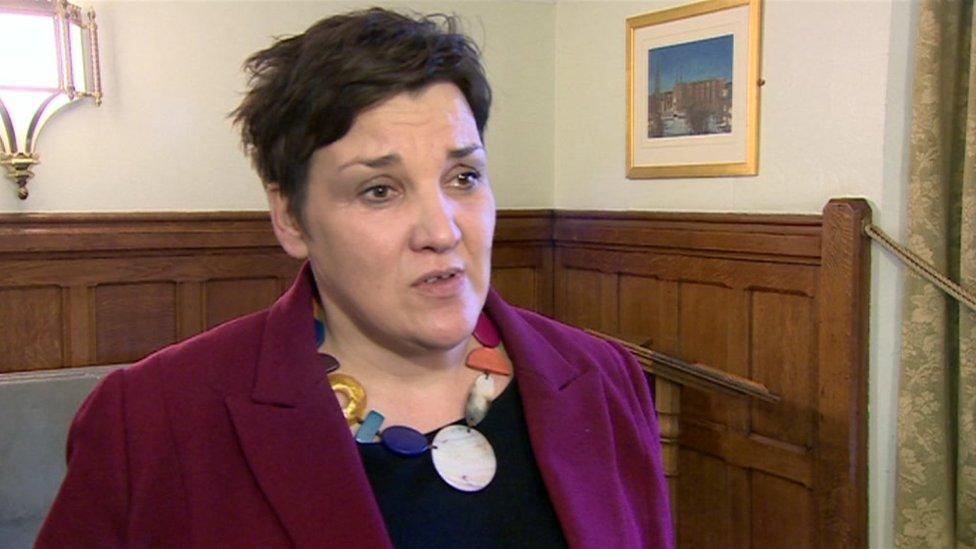
Labour MP Tonia Antoniazzi has written to the PM on behalf of the families
The APPG receives help with its administration from campaign group End Our Pain, which has welcomed the intervention.
Group director Peter Carroll said the situation was "desperate" for the families, telling the BBC: "When the law was changed, we thought as campaigners 'job done', there will be prescriptions - but it didn't happen."
He claimed the advice given out by various medical bodies on prescriptions for the treatment had been "extremely cautious", and as a result, "we are in this crazy situation where it is totally legal, but hardly any specialist doctors will prescribe it".
But Mr Carroll said the call for funding for the families was "the only thing that can work in very short term".
He added: "We can't fight the other battles and win in weeks - the only way forward right now is to give these families the money to pay for prescriptions in the short term.
"I appeal to the government, give them money, stop them having to do online raffles for fundraising so they can focus on caring for some of the sickest children in the country."
A spokesman for the Department of Health and Social Care said: "We sympathise with every patient and every family courageously confronting life with hard-to-treat conditions."
The spokesman added that after the law was changed in 2018 on prescriptions, the department was considering "what further action we can take with regard to broader access to unlicensed cannabis-based products, while giving immediate priority to resolving the supply of Bedrocan oils from the Netherlands, which many patients are receiving."
- Published30 December 2020
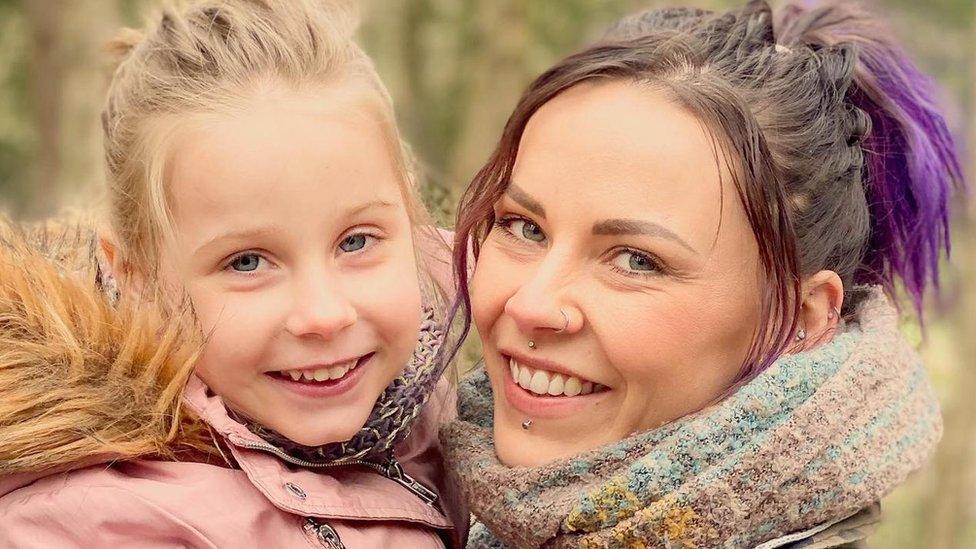
- Published3 July 2019
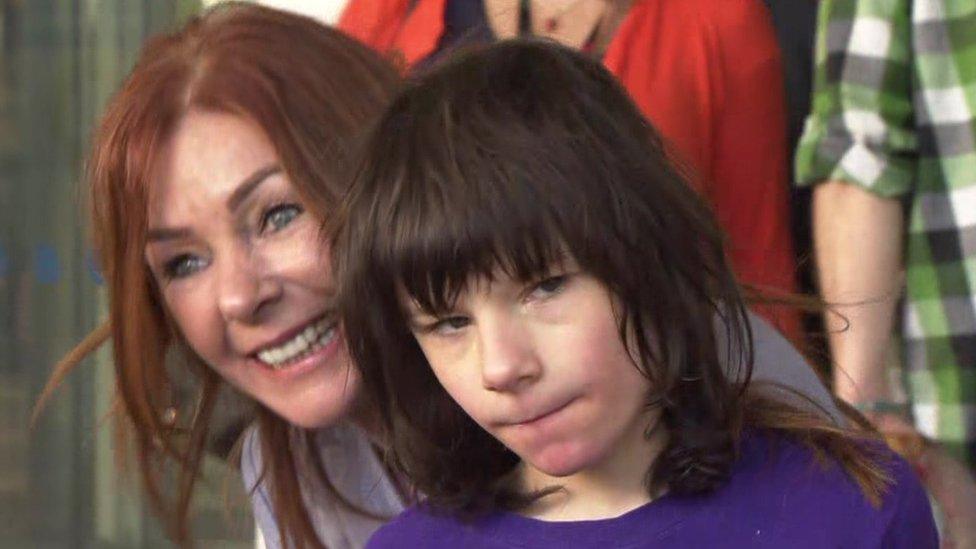
- Published26 July 2018
